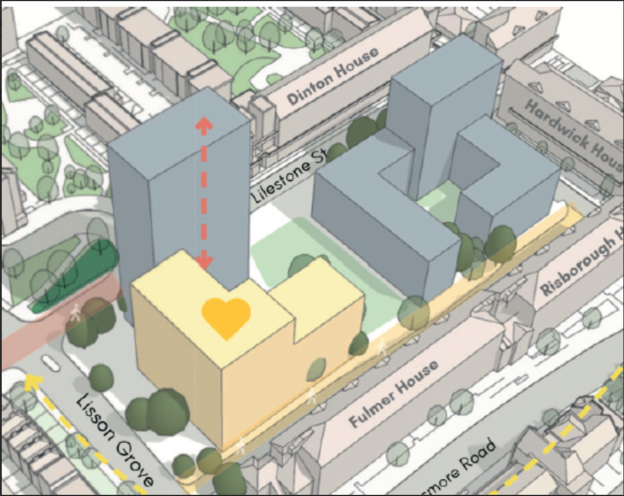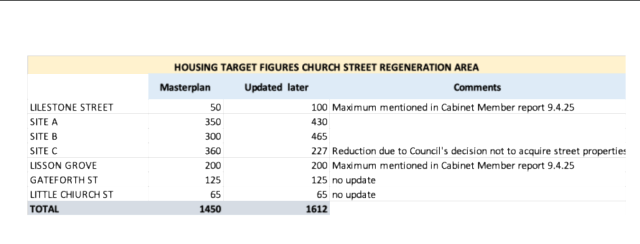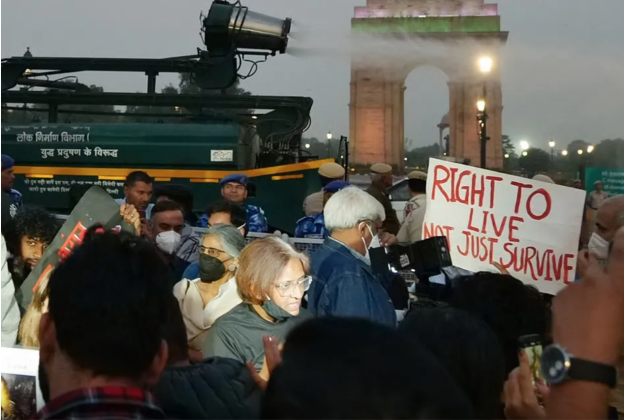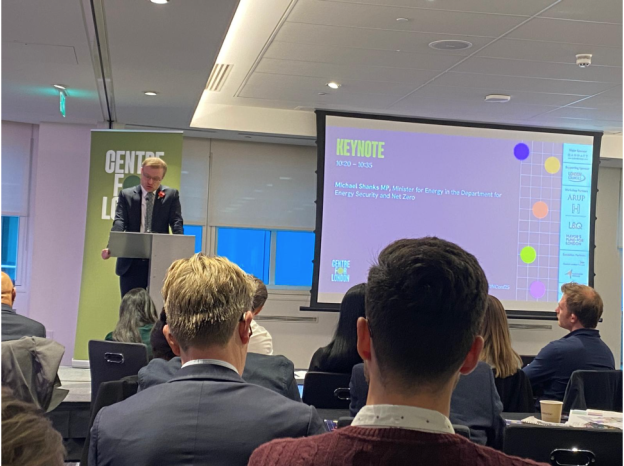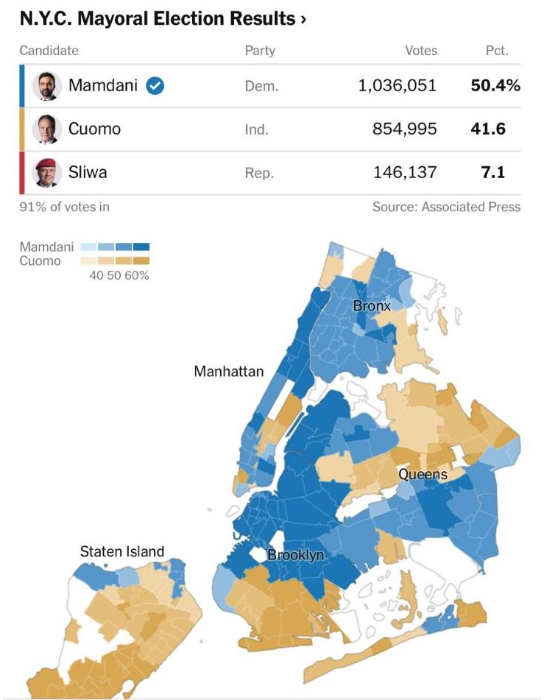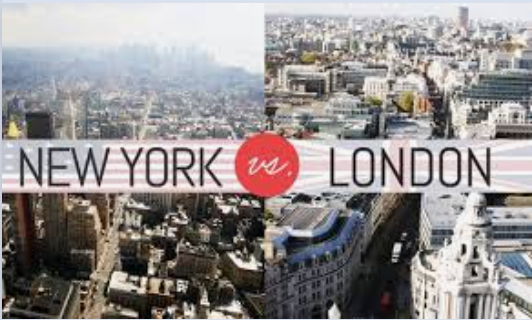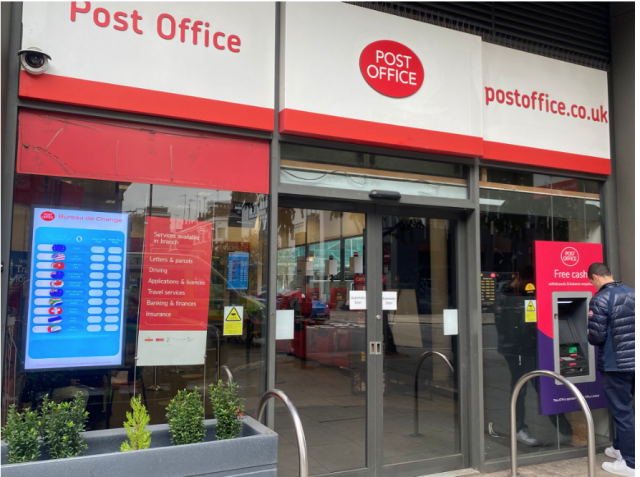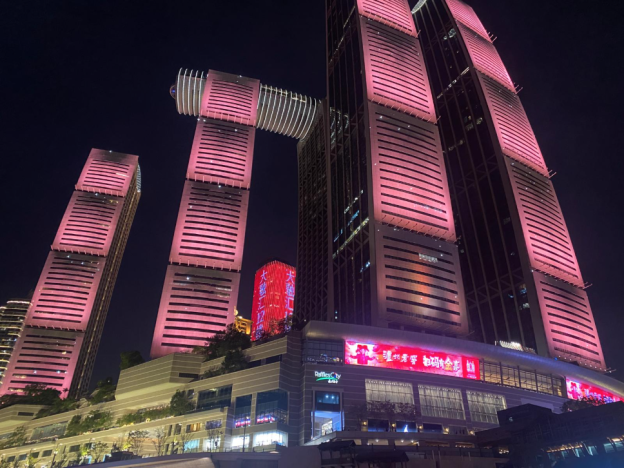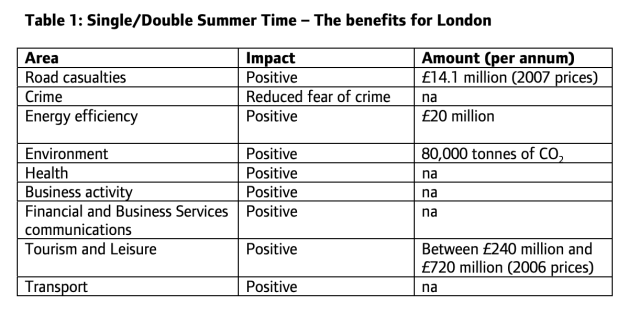| Stronger emissions standards + vehicle transition• Enforce vehicle emission norms (e.g. BS-VI in India) fully• Accelerate adoption of electric vehicles, especially two‐wheelers, three‐wheelers, buses• Incentives & restrictions (e.g. ban or tax older polluting vehicles) |
Vehicles are a major source of PM2.5, NOx, etc. Cleaner cars + EVs reduce local pollution directly. (The Indian Express) |
Infrastructure cost (charging stations, reliable power), cost of EVs for users, managing lifecycle emissions, ensuring enforcement so that retrofits or maintenance happen. |
| Improve and expand public transport + non-motorised transport• More buses, better routes, last-mile connectivity• More metro rail, integration with buses / autos• Expand safe cycling & walking infrastructure |
Reduces number of private vehicles, especially for short trips. Helps reduce congestion (which itself increases emissions per km). (ORF Online) |
Requires investment, careful urban planning, removing barriers (e.g. safety, convenience), changing people’s behaviour. |
| Control dust from roads & construction• Covering construction materials; using water-sprays / sprinklers• Mechanised sweeping, dust retardant pavements / greenery/verges• Greening roadside areas, planting trees to act as dust sinks |
Dust is a large contributor (PM10 etc.), especially in the dry/windy seasons. Controlling dust gives immediate improvements. (The Indian Express) |
Costs, enforcement (builders and contractors must comply), maintaining infrastructure, ensuring sufficient water supply for spraying, dealing with narrow and congested roads. |
| Reduce biomass / solid fuel burning• Encourage clean fuels for cooking & heating (LPG, electric, biogas) for households, especially the poor.• Provide incentives & subsidies where needed.• Prevent burning of waste & leaves in urban & semi-urban areas. |
Household and waste burning is a persistent source of fine particulates (PM2.5) and has serious health impacts. (The Indian Express) |
Affordability, ensuring regular supply of clean fuel, behaviour change, enforcement. Some communities may lack infrastructure or awareness. Also winter heating demand is a factor. |
| Address agricultural stubble burning• Provide alternatives (mechanised removal, happy seeders, bio-decomposers)• Incentives for farmers to alter crop patterns or harvest earlier• Regional coordination (since smoke drifts from outside Delhi too) |
A big part of seasonal air pollution spikes. Mitigating this can reduce extreme pollution events. (Deutsche Welle) |
Requires cooperation of multiple states, funding, logistics of equipment, changing traditional practices. Also needs policy incentives, possibly subsidies. |
| Stricter industrial & power plant emissions control• Ensure industrial units use proper emission control technologies (filters, scrubbers)• Retire old / inefficient plants; enforce SOx/NOx control measures• Control emissions from brick kilns, coal‐fired plants |
Industry & power plants contribute pollutants beyond what traffic does, often with continuous emissions. Long-term gains from controls. (ORF Online) |
Big capital costs, regulatory and oversight challenges, political economy (industries may resist, need compensation or support), ensuring reliability of power supply while phasing out polluters. |
| Better waste management• Collect, segregate and process solid waste properly to avoid open burning.• Prevent landfill fires; remediate old dumpsites. |
Open burning of garbage is a direct source of toxic smoke, particulates. Landfill fires worsen air quality greatly. (Hindustan Times) |
Institutional capacity, funding, coordination across municipalities, sustained political will. Also public cooperation in waste segregation. |
| Policy & enforcement, monitoring• Graded Response Action Plan (GRAP) to enforce temporary measures during high pollution (e.g. limit traffic, ban construction)• Improved air quality monitoring networks, real-time data, early warning systems• Stronger laws, penalties; making sure regulations are actually implemented |
Even with good plans, lack of enforcement means they don’t work. Real-time data helps trigger timely actions. (ORF Online) |
Requires institutional capacity, political will, avoiding corruption, making sure citizens are aware & involved, coordination across agencies. |
| Awareness, behavioural change• Public education about the health effects of pollution, how to reduce exposure (e.g. masks, staying indoors on bad days)• Encouraging car‐pooling, avoiding unnecessary travel, reducing use of private vehicles • Consumer pressure on industry & services (restaurants, power plants) |
Behavioural change can amplify the impact of technological measures. Also helps ensure public buy-in so policies are acceptable. (ETHealthworld.com) |
Takes time; cultural, economic constraints; sometimes inconvenient or costlier. Need consistent messaging and trust. |
| Green infrastructure• More trees, green belts, urban forests, green roofs• Green buffering around sources / highways• Landscaping to reduce dust, cool surfaces (heat islands contribute to pollution chemistry) |
Helps absorb some pollutants, reduce dust, improve microclimate. Co-benefits for aesthetics, heat, health. |
Space is limited in densely built city; cost; maintenance; selecting appropriate species; ensuring survival (water, soil). |



